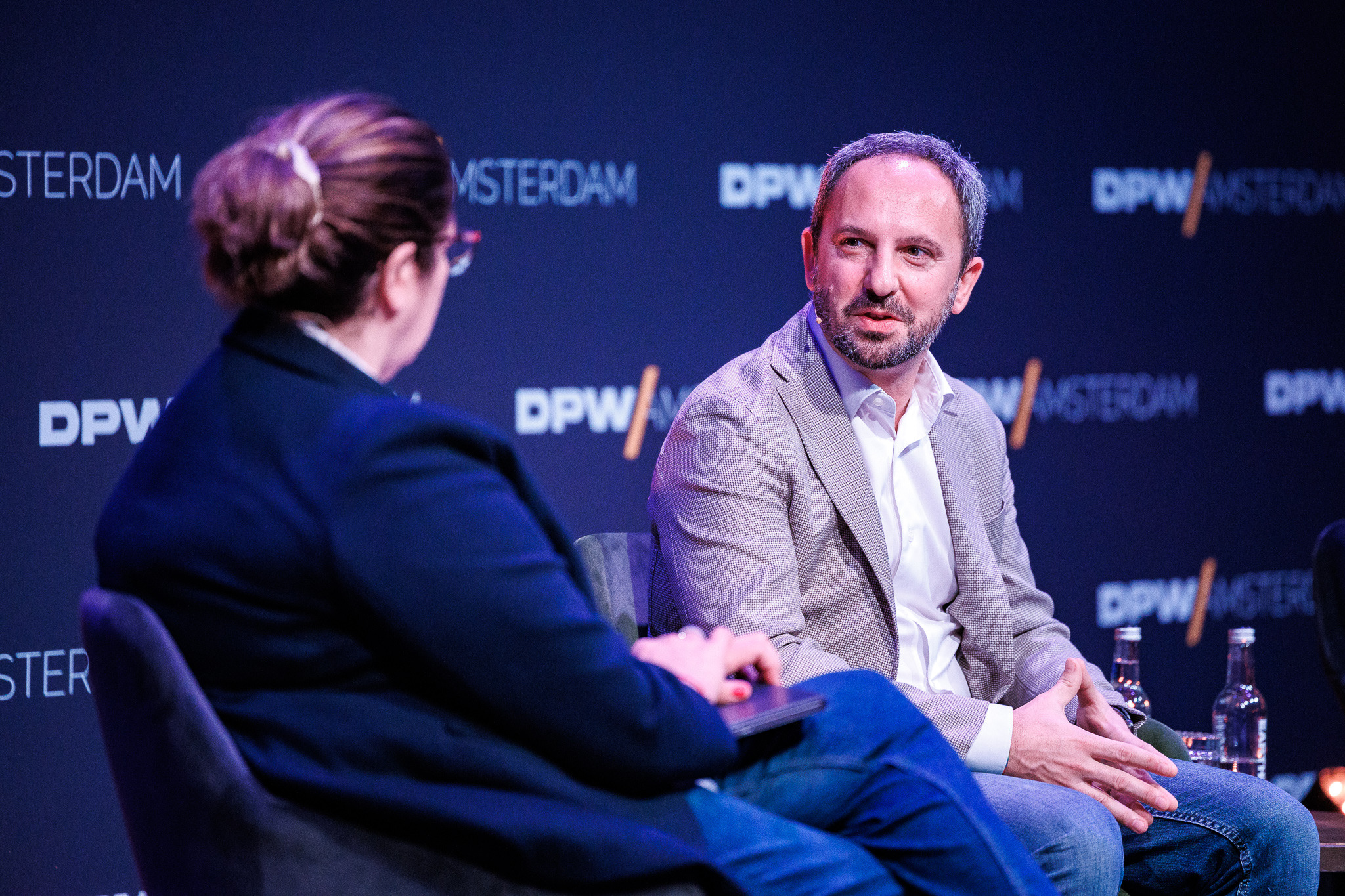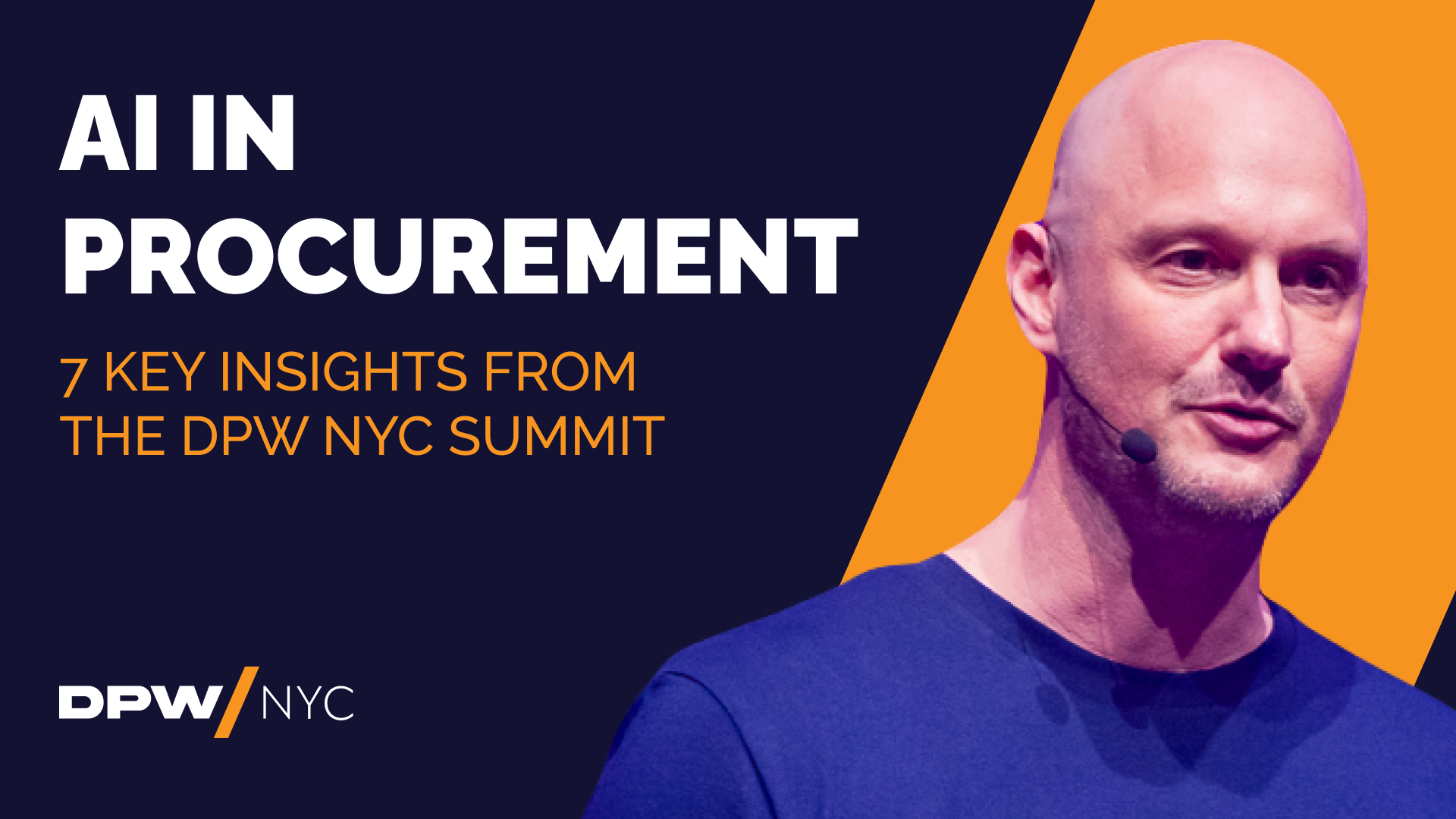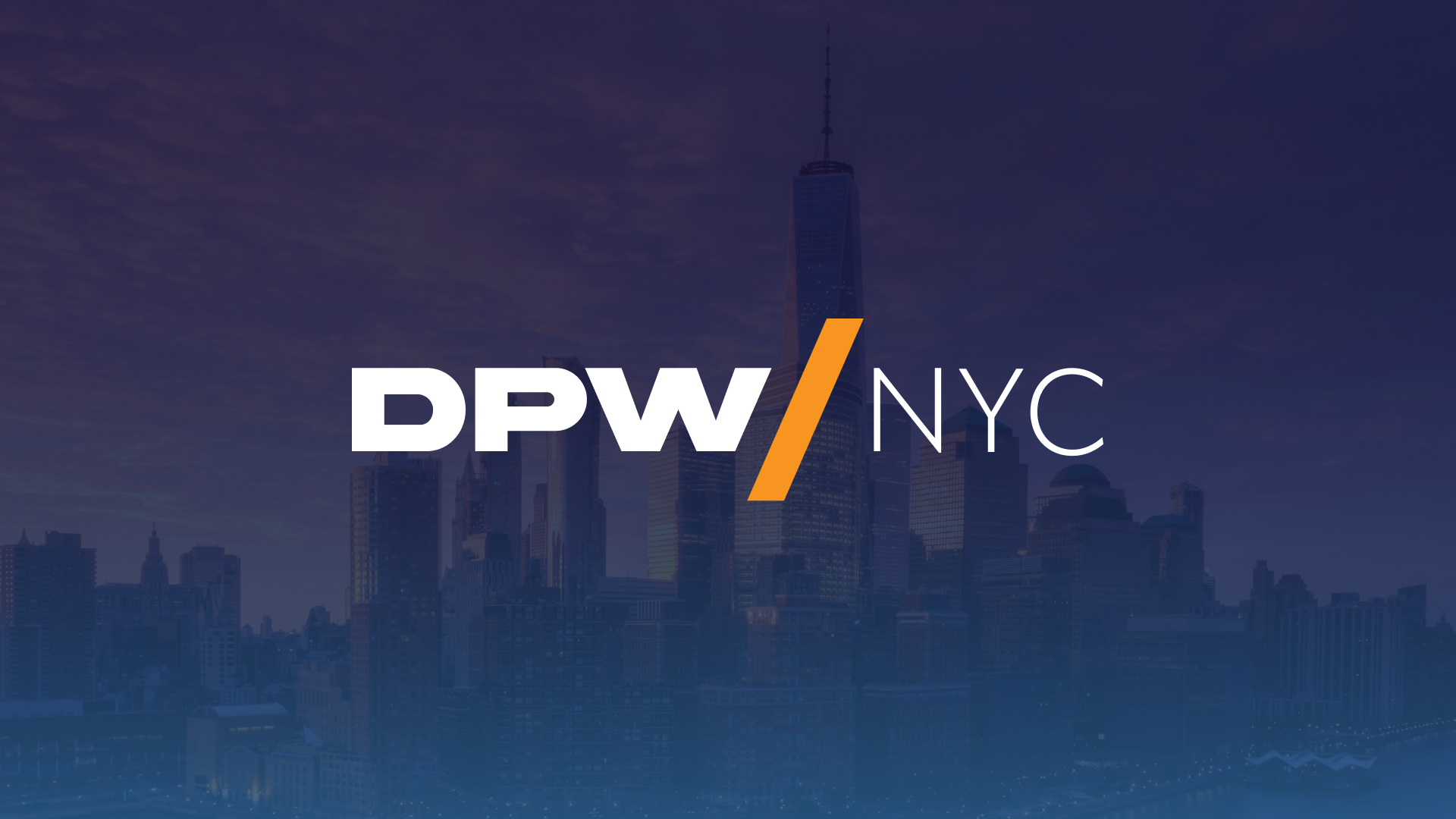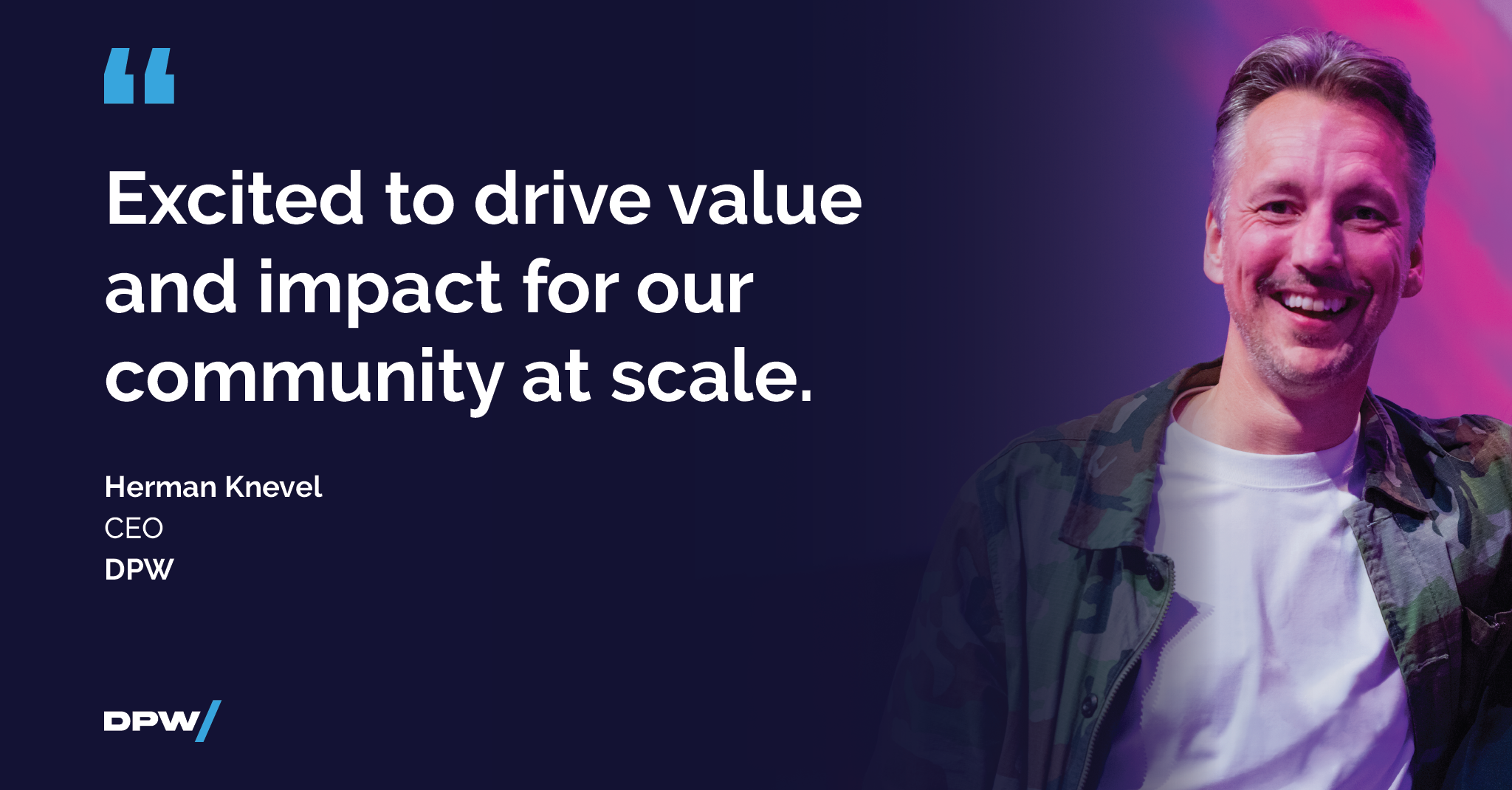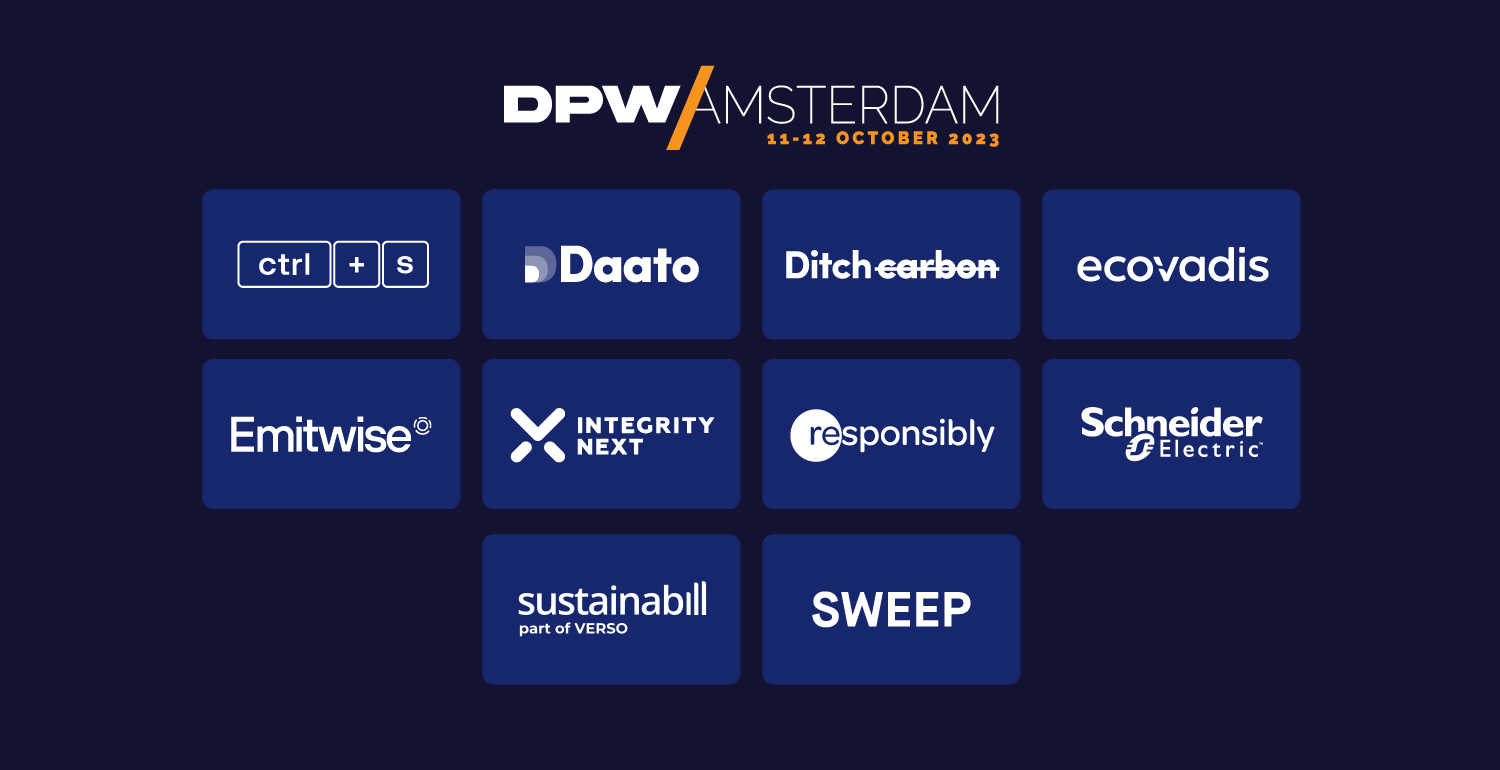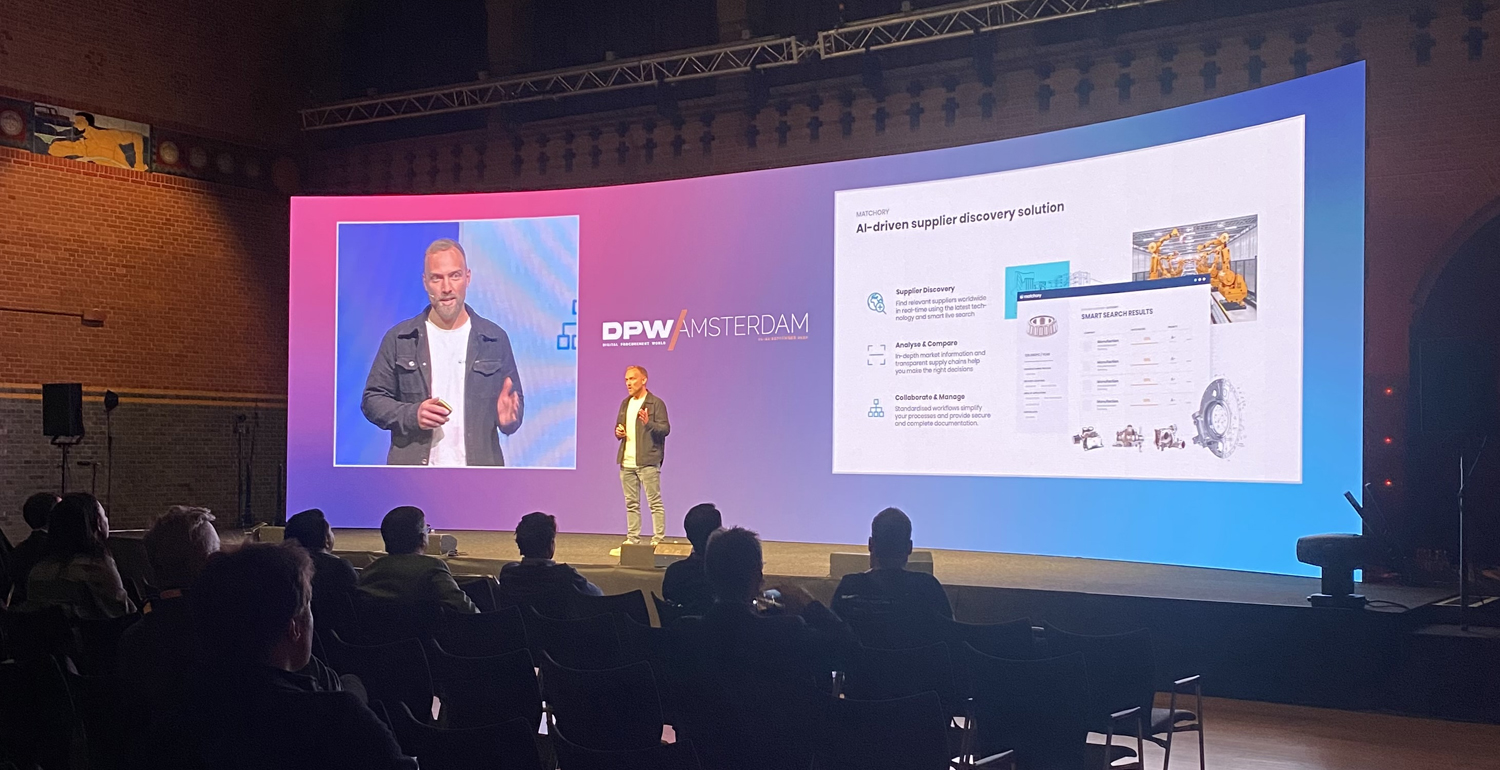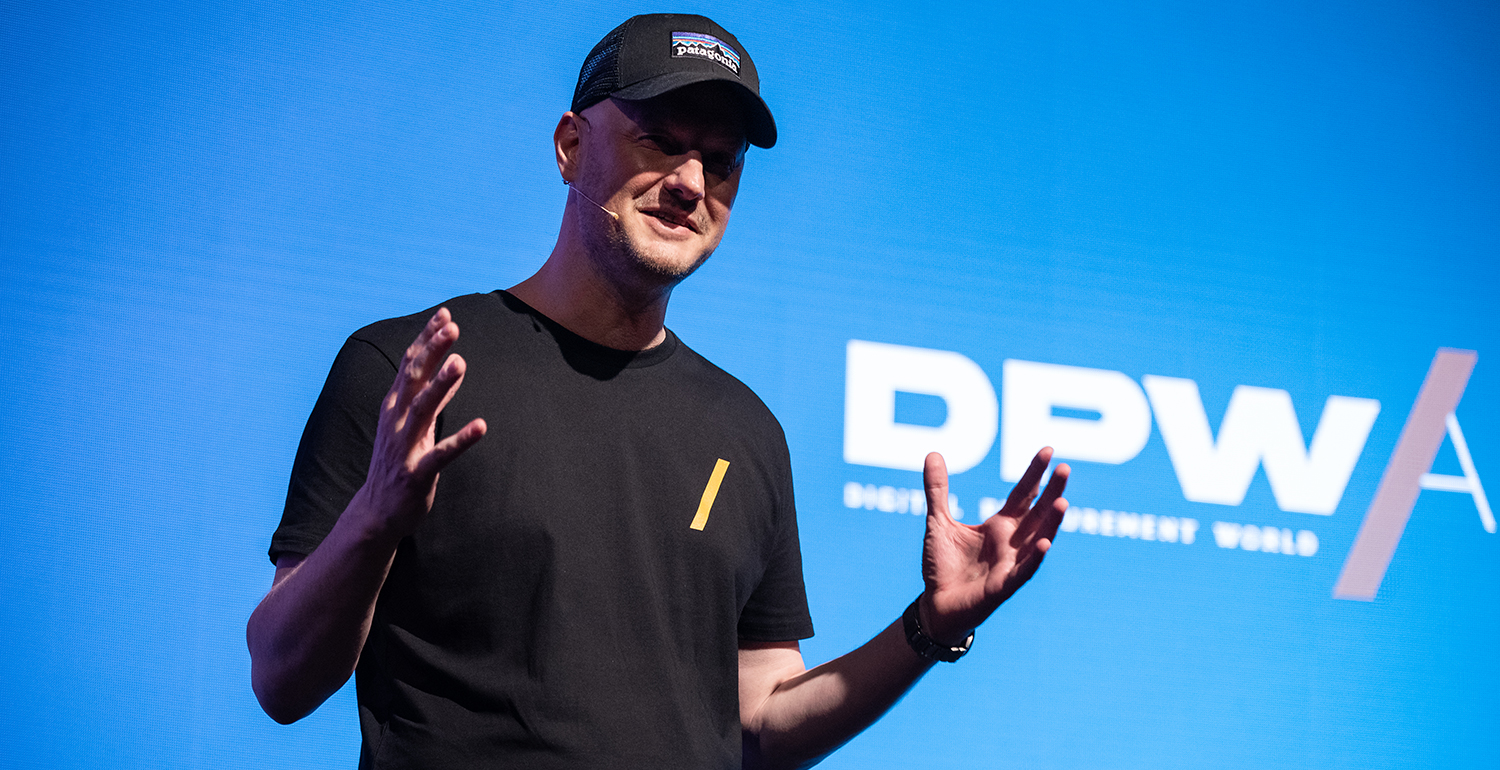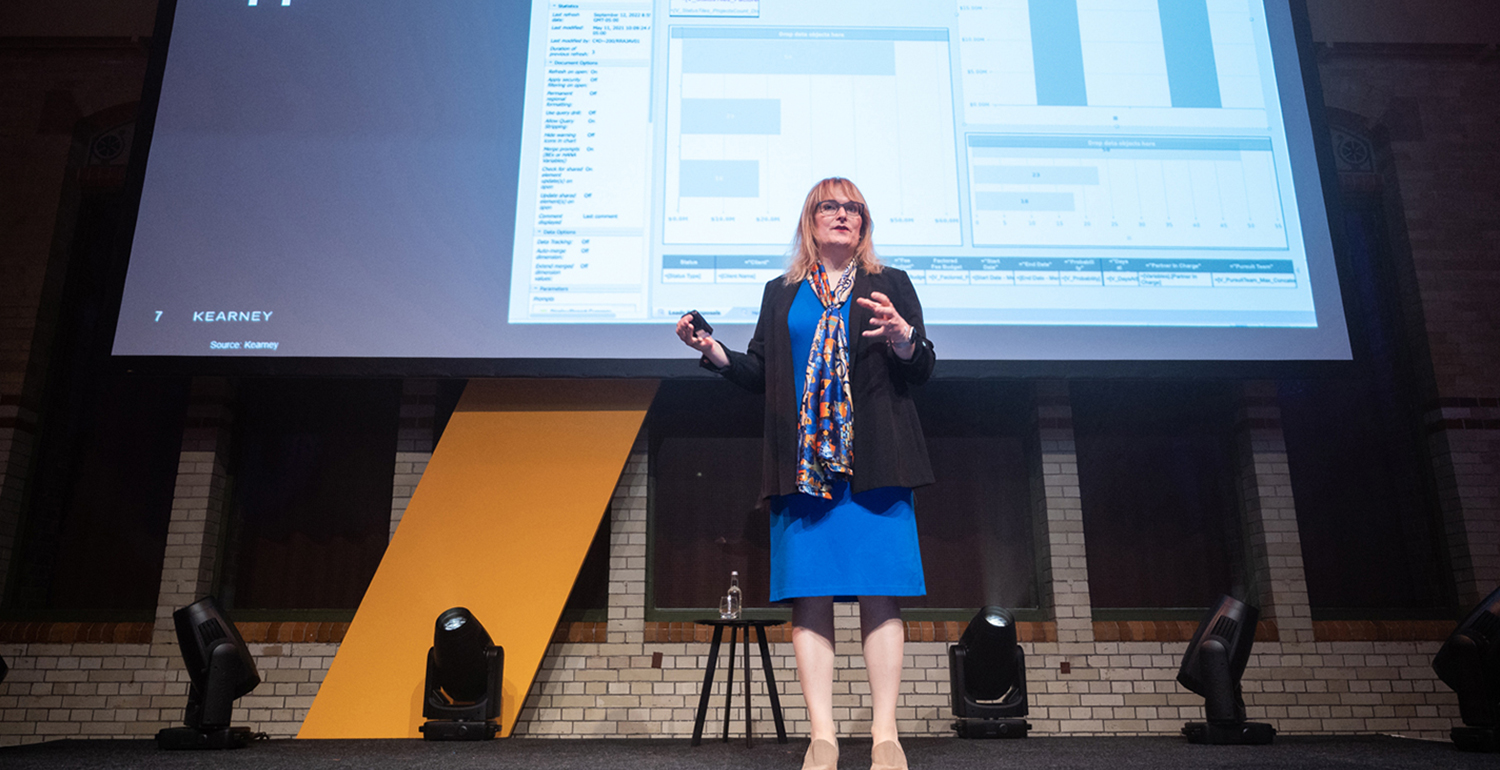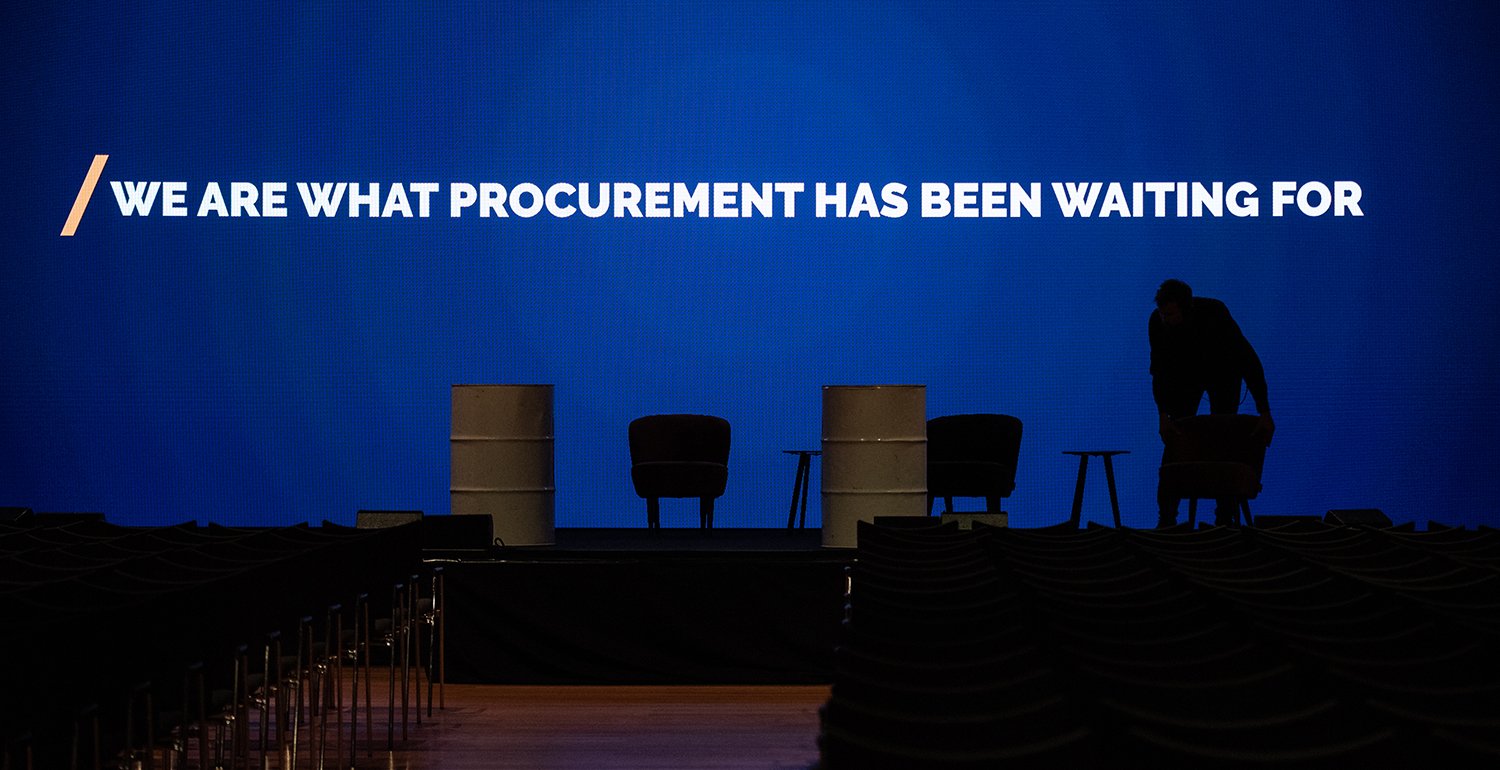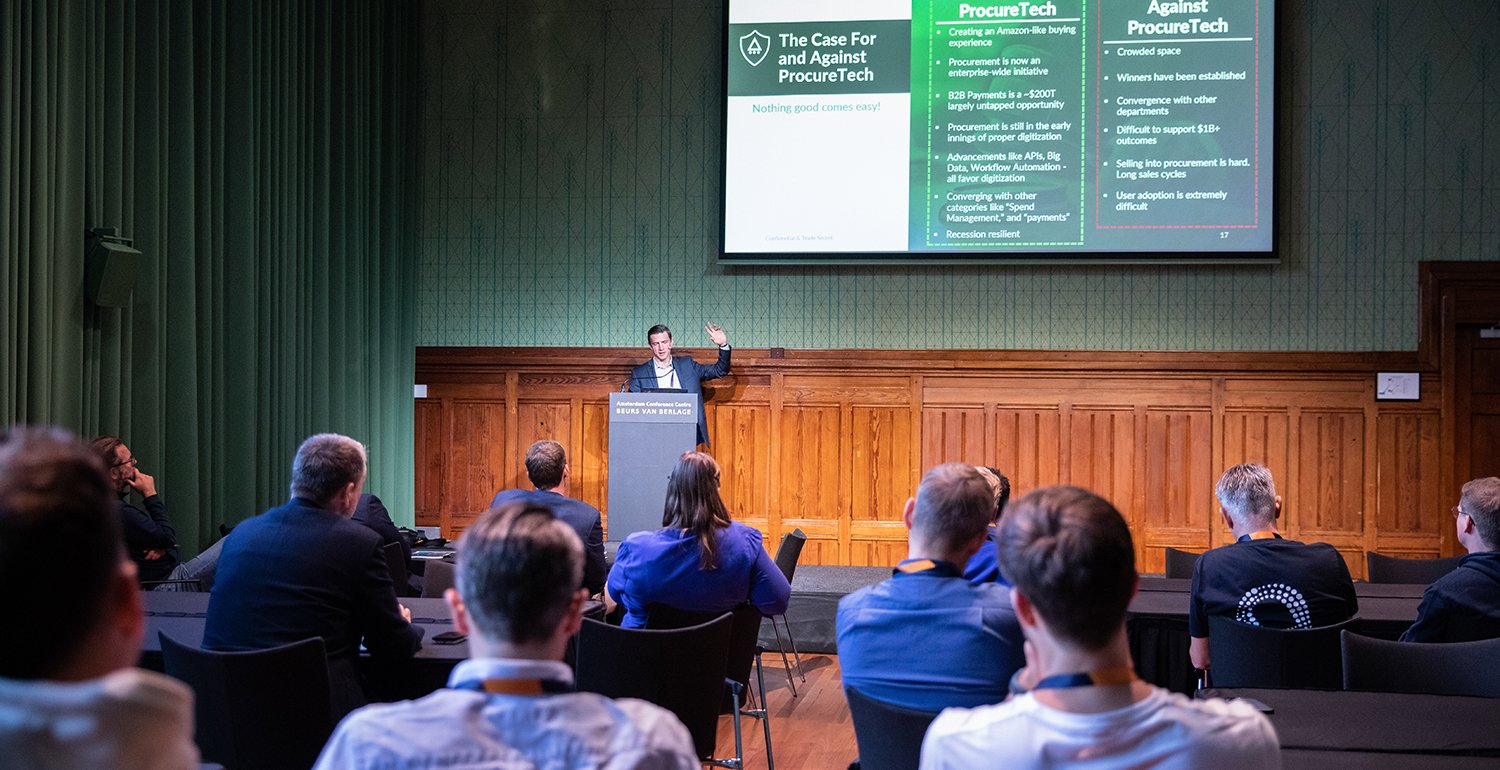
DPW Amsterdam 2024 continued its exploration of the Future of Procurement on Day 2 with another interactive survey wall.
This installation provided attendees the chance to weigh in on emerging trends, key skillsets for 2030, and their views on AI’s role in decision-making. The insights reflect a blend of optimism, caution, and strategic foresight as the industry looks ahead.
1. Will Procurement (as we know it) Disappear?
One of the key questions posed on the survey wall was: Will procurement disappear as a standalone function within the next 10 years, potentially absorbed by automation and integration with other functions?
The collective response from attendees leaned towards skepticism of this notion. Most respondents believe that while automation and other technologies will reshape procurement, it is unlikely to vanish. Instead, procurement is expected to evolve, retaining its critical role in strategic decision-making, supplier management, and mitigating risk within organizations. This view reflects a confidence that human expertise and strategic insights will remain irreplaceable, even in a more digitized landscape.
2. Key Capabilities for Procurement Professionals by 2030
As procurement faces continuous transformation, what skills will be essential for professionals by 2030? Survey responses highlighted a few clear priorities:
-
Data Analytics & AI Proficiency: This emerged as the most critical skill, with a high concentration of responses emphasizing its importance. In a data-rich era, professionals understand that the ability to interpret and act on complex data will be crucial to driving strategic procurement decisions and creating value.
-
Risk Management & Crisis Response: Recent global disruptions have underscored the need for robust risk management capabilities. While slightly less emphasized than data proficiency, this capability remains vital to navigating unforeseen challenges and maintaining operational resilience.
-
ESG Compliance: Respondents also pointed to the importance of adhering to Environmental, Social, and Governance (ESG) regulations, signaling that procurement leaders must maintain a holistic perspective that aligns with broader business objectives.
-
Financial Fluency: There was a surprisingly unanimous view that financial fluency would not be a critical skill in 2030.
3. Comfort with AI in High-Stakes Procurement Decisions
Perhaps the most thought-provoking aspect of the survey focused on AI’s role in high-stakes procurement decisions. Respondents were asked how comfortable they were with AI replacing human judgment in such scenarios.
The results showed a mix of views but leaned towards growing acceptance, with a notable number of responses skewed towards the “comfortable” end of the spectrum. This suggests a cautiously optimistic attitude towards AI-driven decision-making, provided ethical, transparency, and risk considerations are met. While some professionals remain wary, many appear ready to explore AI’s potential to complement and enhance human judgment, particularly when backed by robust safeguards.
Navigating a Tech-Enabled Future
The survey wall at DPW Amsterdam 2024 was more than an engaging installation—it was a reflection of where the procurement industry stands today and where it is heading. The responses revealed a community that is embracing innovation while preserving the human expertise that has long been at its core. From mastering data and AI to addressing risk and compliance, the path forward is both challenging and full of opportunity.
As we approach 2030, procurement professionals will need to continue learning, adapting, and finding the balance between technological capabilities and human insight. The future may be uncertain, but the collective insights from DPW Amsterdam show a readiness to shape it together.
Join us at DPW Amsterdam 2025
The most influential tech event in procurement and supply chain




-1.png)








